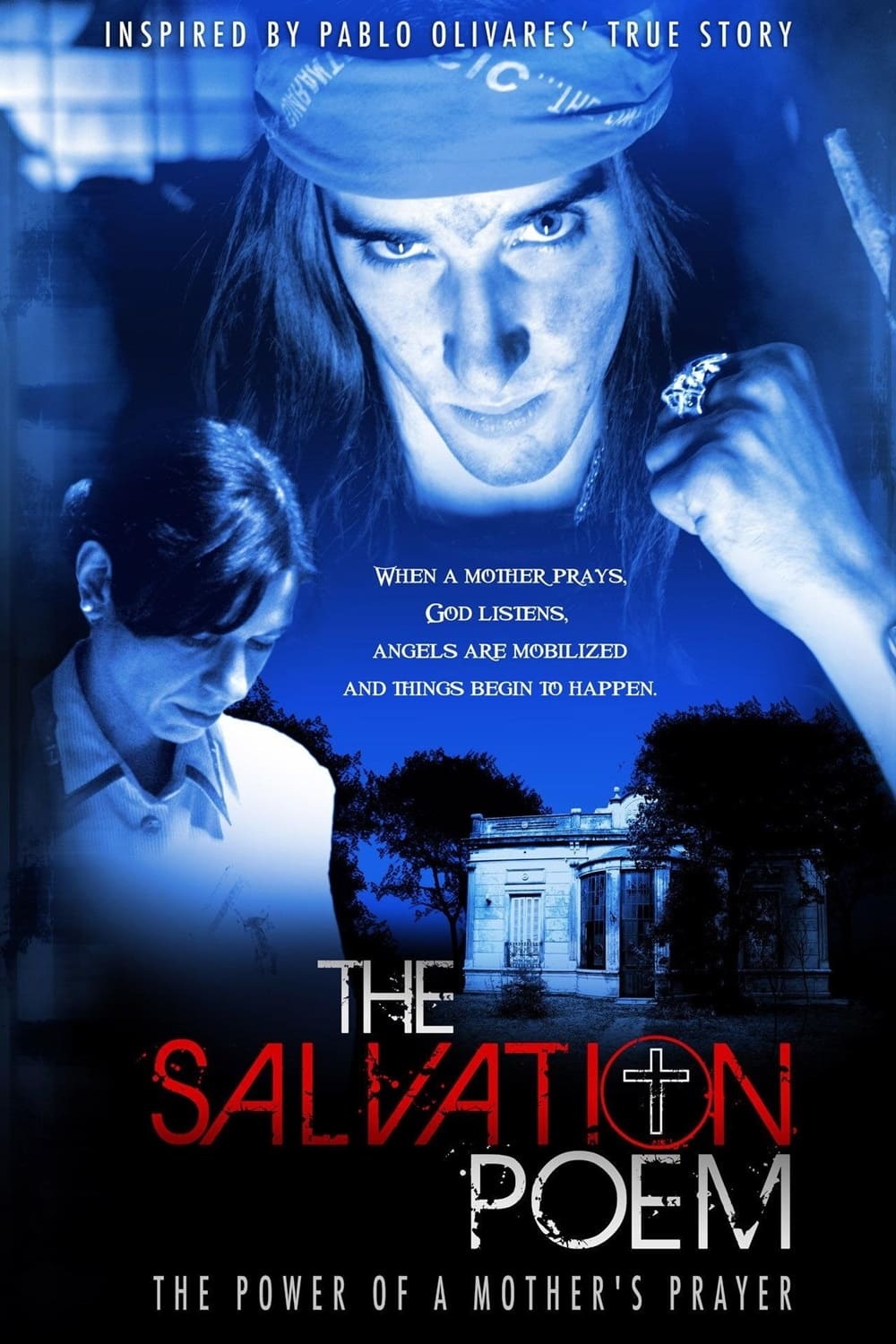The Salvation Poem (2009)
November 19, 2009Release Date
The Salvation Poem (2009)
November 19, 2009Release Date

Plot.
Where to Watch.
This Movie Is About.
Cast & Crew.

Irina Alonso
Carmen

Gian Franco Apostolo
Angel

Sapha Arias
Espranza - young

Soledad Beilis
Andrea

Fernando Armani
Music Teacher

Francisco Civit
Pastor

Brian Dublin
Director

Arturo Allen
Writer

Fernando Rosarolli
Roberto

Gonzalo Senestrari
Pablo (adolescente)

Eduardo Marando
Writer

Omar Quiroga
Writer

Mirko Sarina
Pablo (niño)

Diego Lubinert
Abel Black

Alejandro Robino
Writer

Pablo Olivares
Music

Marcos Witt
Music

Halógena
Music
Details.
Release DateNovember 19, 2009
Original NamePoema de Salvación
StatusReleased
Running Time1h 18m
Budget$400,000
Genres
Wiki.
Bill Robinson, nicknamed Bojangles (born Luther Robinson; May 25, 1878 – November 25, 1949) was an American tap dancer, actor, and singer, the best known and the most highly paid African-American entertainer in the United States during the first half of the 20th century. His long career mirrored changes in American entertainment tastes and technology. His career began in the age of minstrel shows and moved to vaudeville, Broadway theatre, the recording industry, Hollywood films, radio, and television.According to dance critic Marshall Stearns, "Robinson's contribution to tap dance is exact and specific. He brought it up on its toes, dancing upright and swinging", adding a "hitherto-unknown lightness and presence".: pp. 186–187 His signature routine was the Stair Dance, in which he would tap up and down a set of stairs in a rhythmically complex sequence of steps, a routine that he unsuccessfully attempted to patent. He is also credited with having popularized the word copacetic through his repeated use of it in vaudeville and radio appearances.He is best known today for his dancing with Shirley Temple in a series of films during the 1930s, and for starring in the musical Stormy Weather (1943), loosely based on his own life and selected for preservation in the National Film Registry. He used his popularity to challenge and overcome numerous racial barriers, including becoming:one of the first minstrel and vaudeville performers to appear as Black without the use of blackface makeupone of the earliest Black performers to perform solo, overcoming vaudeville's two-colored rulean early Black headliner in Broadway showsthe first Black performer to appear in a Hollywood film in an interracial dance team (with Shirley Temple in The Little Colonel, 1935)the first Black performer to headline a mixed-race Broadway productionRobinson came under heavy criticism for his apparent tacit acceptance of racial stereotypes of the era, with some critics calling him an Uncle Tom. He strongly resented this, and his biographers suggested that critics were underestimating the difficulties faced by Black performers engaging with mainstream white culture at the time, and ignoring his many efforts to overcome racial prejudice. In his public life, Robinson led efforts to:persuade the Dallas Police Department to hire its first Black policemanlobby President Franklin Delano Roosevelt during World War II for more equal treatment of Black soldiersstage the first integrated public event in Miami, a fundraiser which was attended by both Black and white city residentsRobinson was a popular figure in both the Black and white entertainment worlds of his era, and is remembered for the support that he gave to fellow performers, including Fred Astaire, Lena Horne, Jesse Owens and the Nicholas Brothers. Sammy Davis Jr. and Ann Miller credited him as a teacher and mentor, Miller saying that he "changed the course of my life". Gregory Hines produced and starred in a biographical movie about Robinson for which he won the NAACP Best Actor Award.Despite being the highest-paid Black performer of the time, Robinson died penniless in 1949, his funeral paid for by longtime friend Ed Sullivan. In 1989, Congress designated Robinson's birthday of May 25 as National Tap Dance Day.
You May Also Like.

Deadpool (2016)

Taken (2008)

WALL·E (2008)

La La Land (2016)

The Terminator (1984)

Star Wars: The Force Awakens (2015)

Kingsman: The Secret Service (2014)

Psycho (1960)

Suicide Squad (2016)

Now You See Me (2013)

Return of the Jedi (1983)

Ant-Man (2015)

Captain America: The Winter Soldier (2014)

Rogue One: A Star Wars Story (2016)
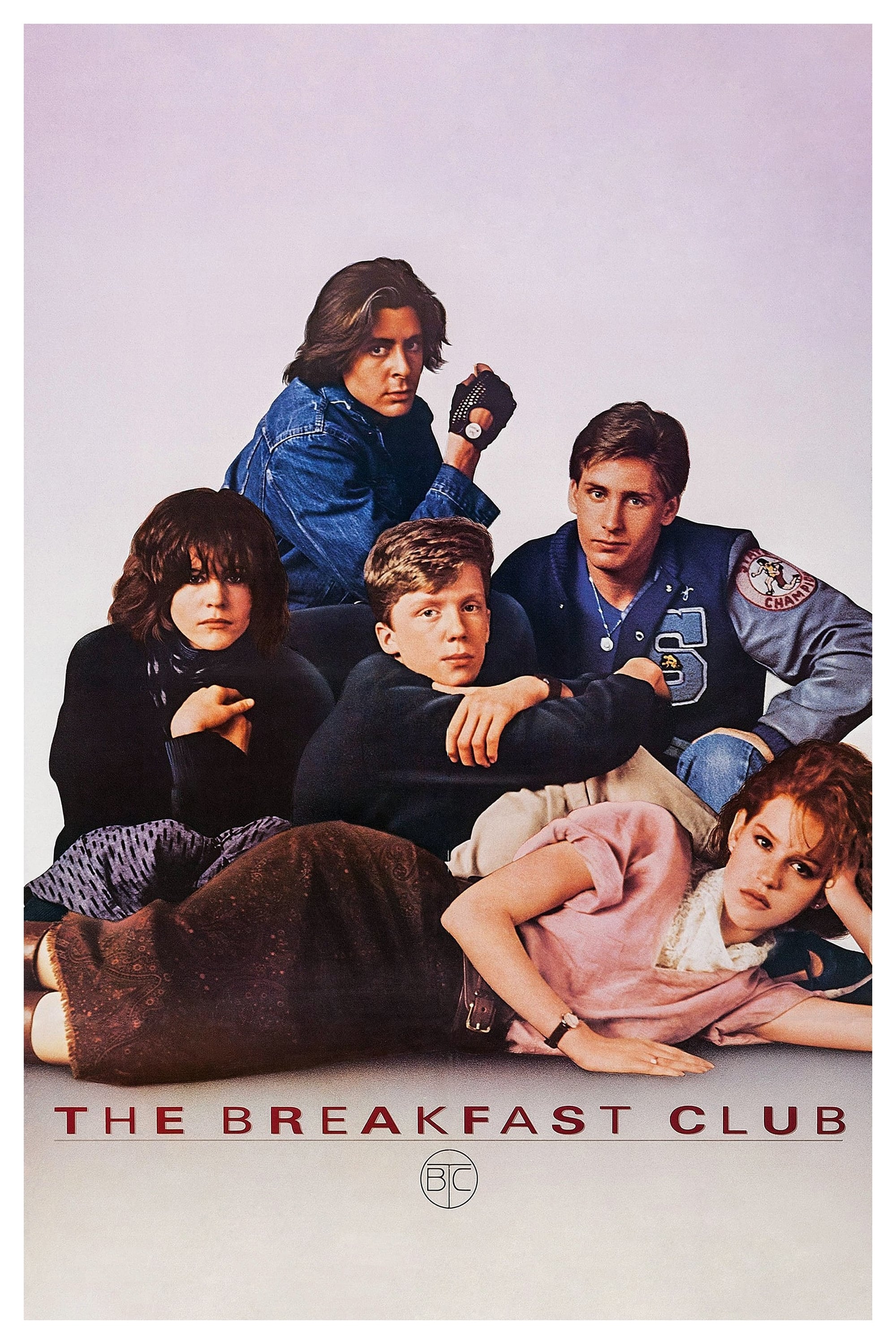
The Breakfast Club (1985)

Alpha (2018)
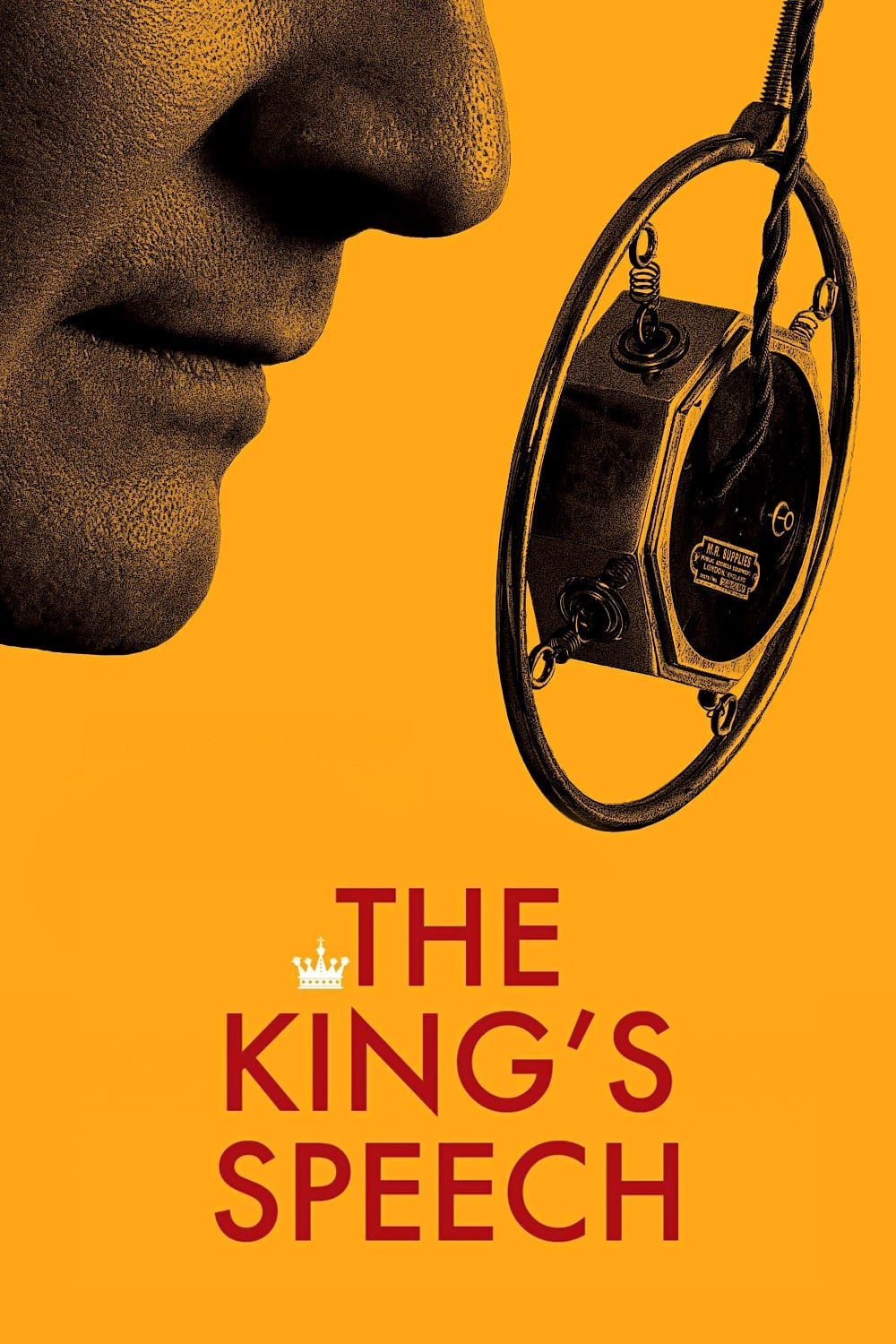
The King's Speech (2010)

Perfect Strangers (2016)
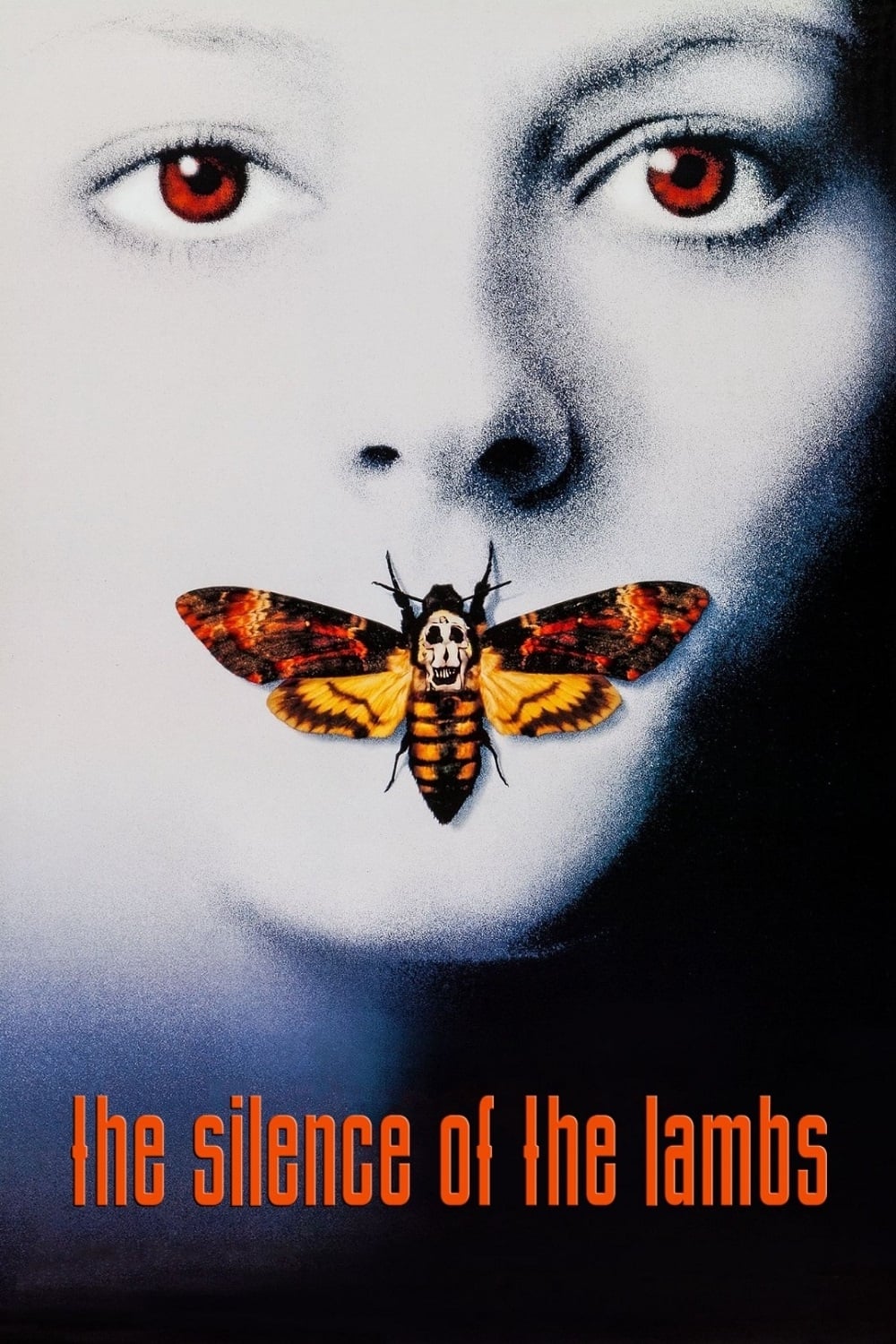
The Silence of the Lambs (1991)
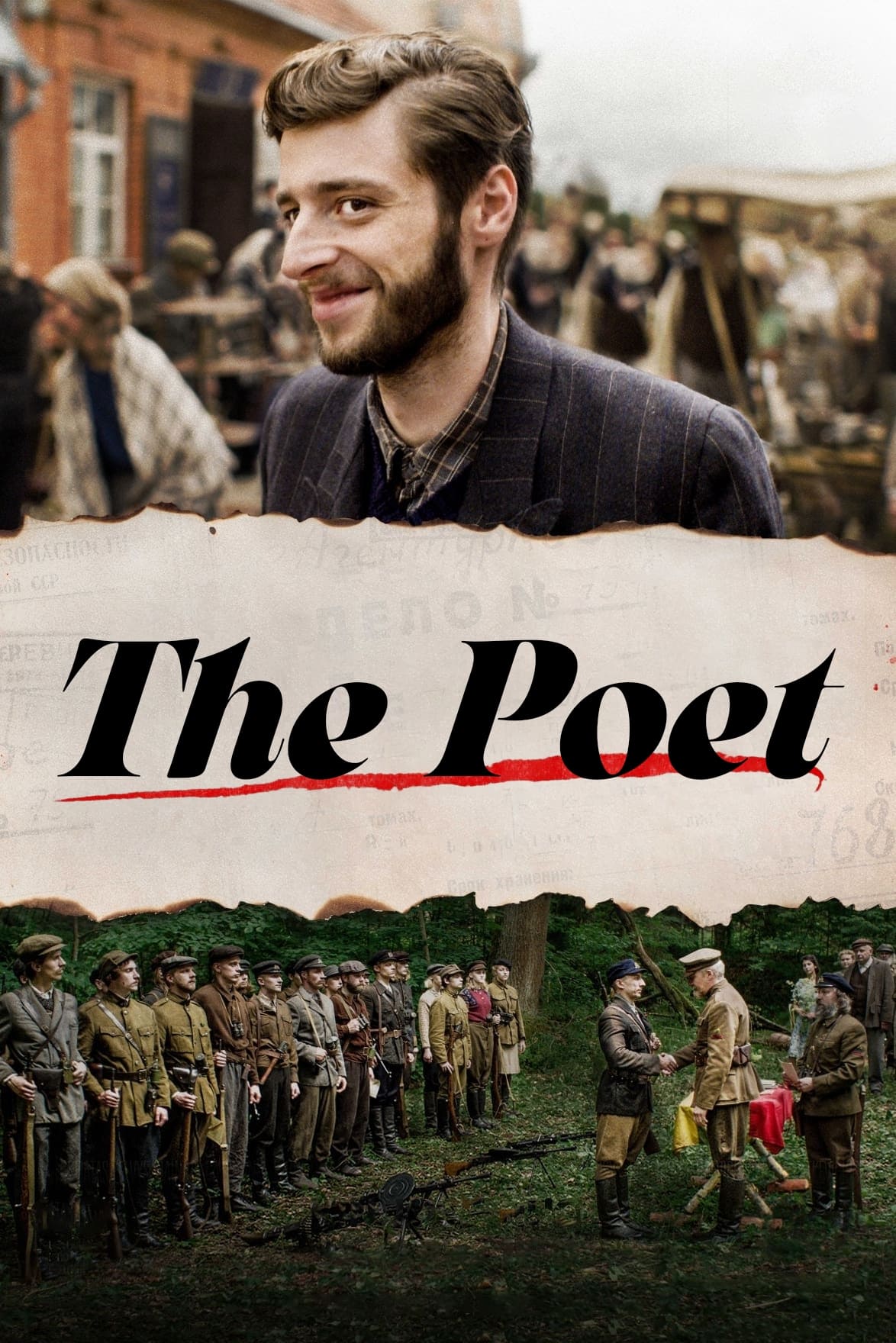
The Poet (2022)


